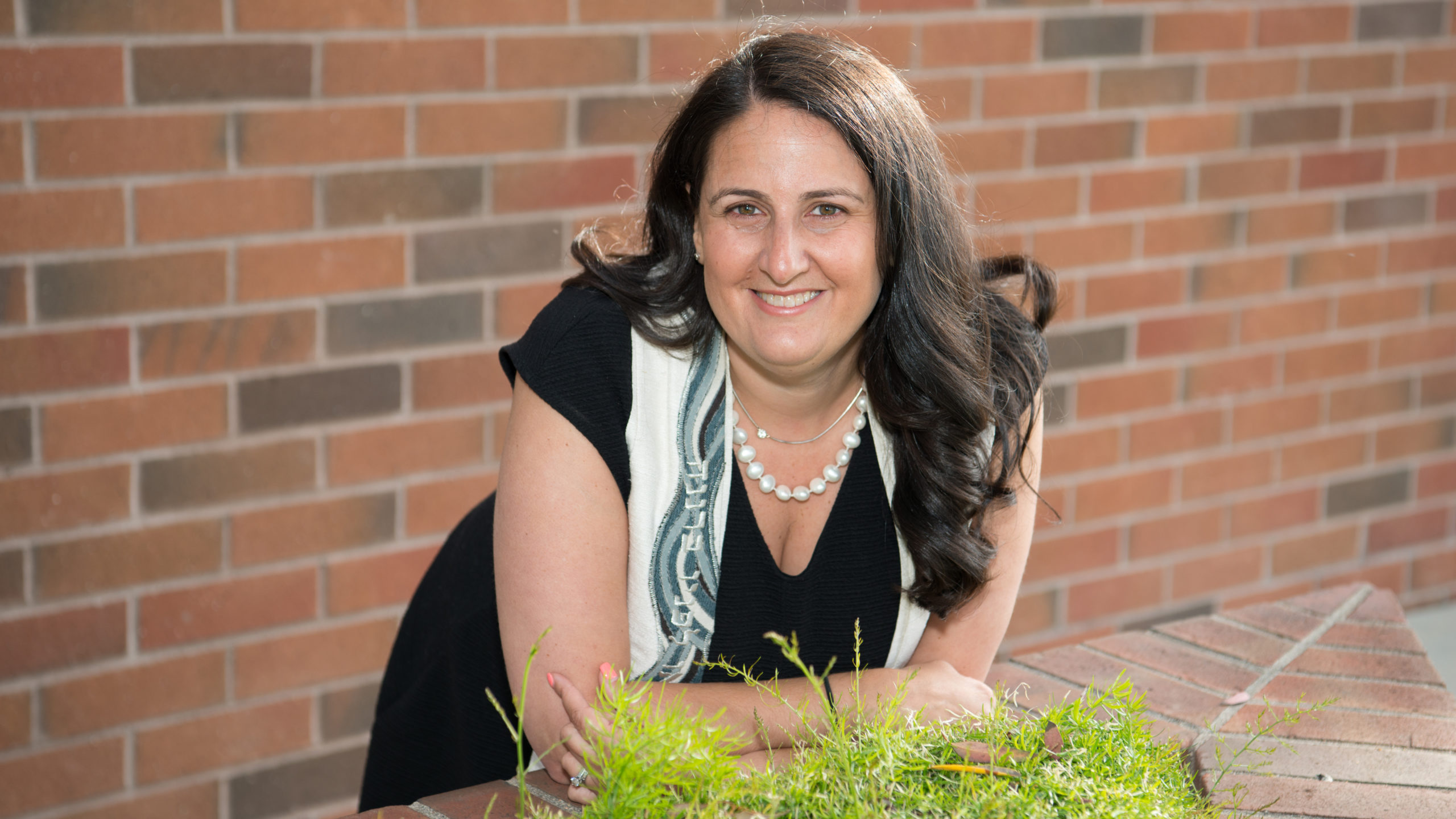Dear Stephen Wise Temple Families and Friends,
Earlier this week, the Centers for Disease Control (CDC) provided an update to the country regarding the current status of the coronavirus (COVID-19) and what steps individuals and institutions may take to prevent and prepare for the spread of the virus.
We recognize that this message has created concern. The idea of a widespread virus is understandably scary, so we wanted to take this opportunity to share what we’re doing as a Wise community to prepare, as well as what you can do to help mitigate the spread and effects of the virus.
To be absolutely clear, the U.S. is not currently facing a coronavirus epidemic. However, given how quickly the global situation may evolve, we will continue to monitor new developments, reevaluate our procedures daily, and communicate this information to you.
Already, our community has begun implementing changes, enforcing a stricter hygiene and sanitation schedule using new, more efficient equipment, as well as safer, antimicrobial cleansers used in many health care facilities. We are prepared to further alter our procedures and planning should the situation change. We are also thinking ahead regarding the impact spring travel, trips, and other activities will have in the context of the coronavirus. We will share any changes when the time is appropriate.
In the meantime, the most effective way to stay healthy and minimize the spread of infectious disease is to follow basic hygienic practices:
- Stay home when you are sick and avoid close contact with those in your home.
- Wash your hands often with soap and water for at least 20 seconds, especially after using the bathroom; before eating; and after blowing your nose, coughing, or sneezing. Help young children do the same. If soap and water are not readily available, use an alcohol-based hand sanitizer with at least 60% alcohol.
- Avoid touching your eyes, nose, and mouth.
- Clean and disinfect frequently touched objects and surfaces, like cell phones, using a regular household cleaning spray or wipe.
- Cover your cough or sneeze with a tissue. Then, throw the tissue in the trash. If you do not have a tissue, use your sleeve, not your hands.
We have mandated the use of these hygienic practices for students and staff and recommend that you practice them diligently.
It is important to remember that handling the spread of contagion like the coronavirus is primarily a task for public health agencies. Any directives from the World Health Organization, CDC, or local governmental organizations should be followed.
Should you have questions or concerns, we look forward to discussing them with you. We also encourage everyone to read the Los Angeles County Department of Public Health’s Guidance for Schools, the World Health Organization’s Myth Busters website, as well as this guide to preparation from The New York Times.
In moments like these, we draw strength from our commitment to one another and to pikuach nefesh, to safeguarding the well-being of everyone in our Wise community.
In Gratitude,
Rabbi Josh Knobel
Chair, Risk Management Committee



